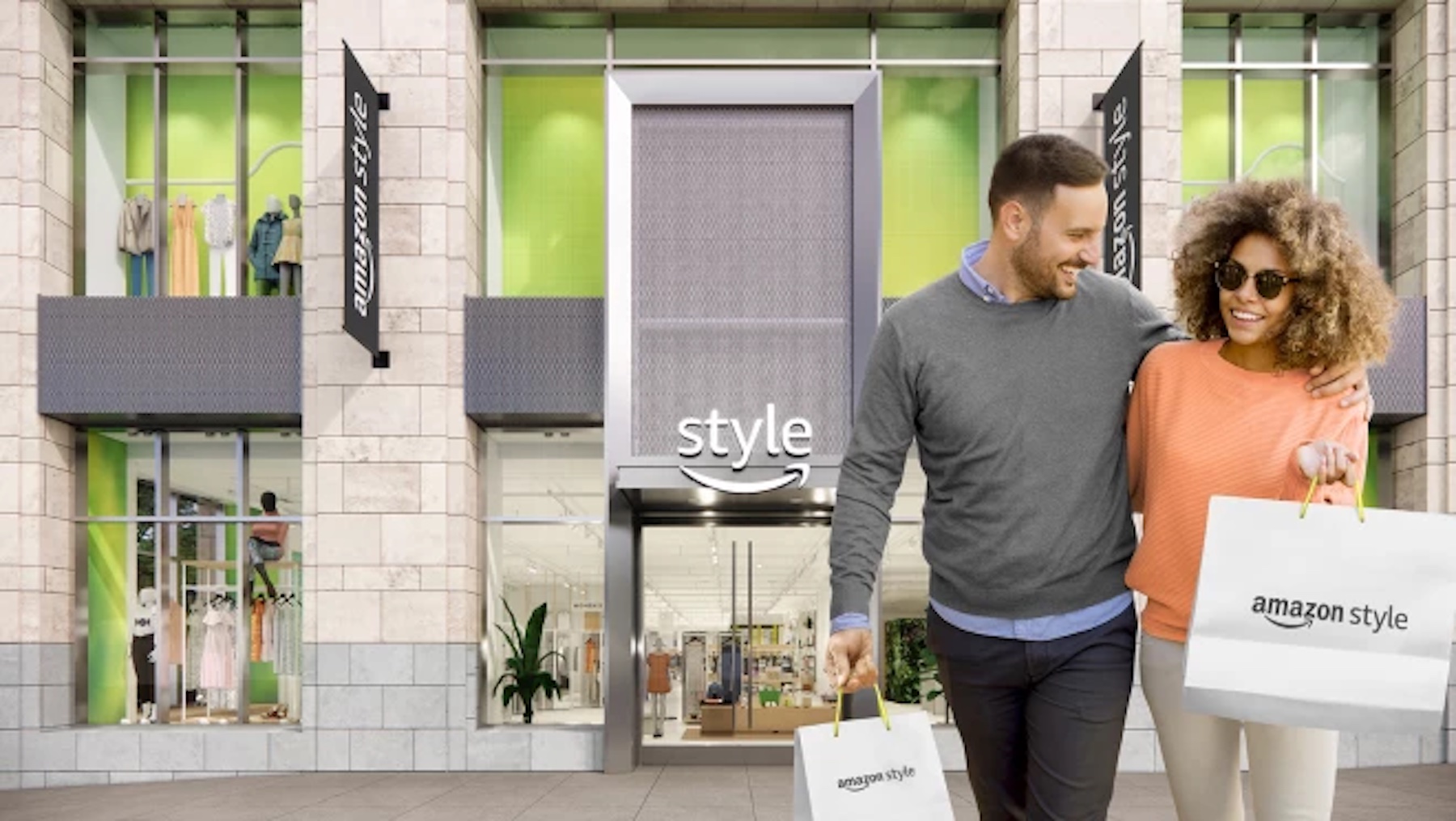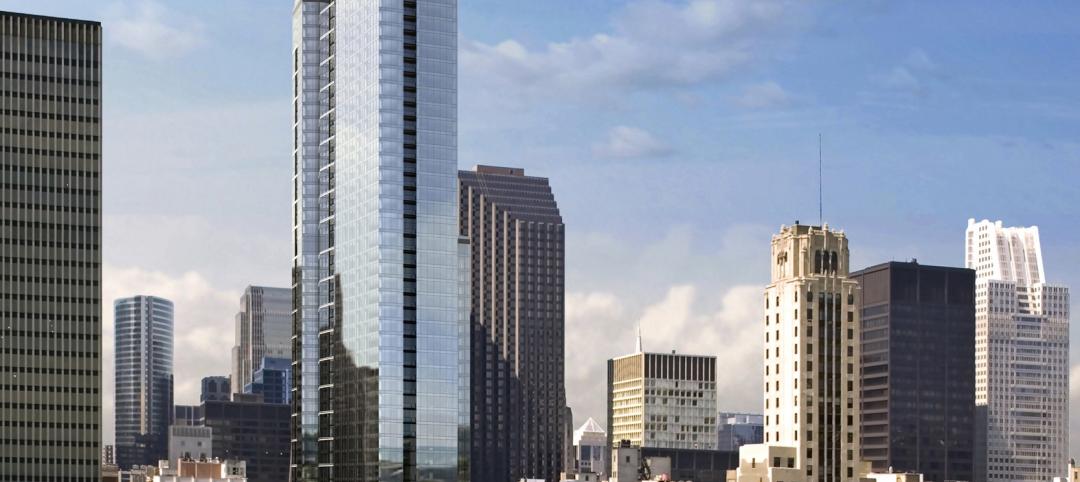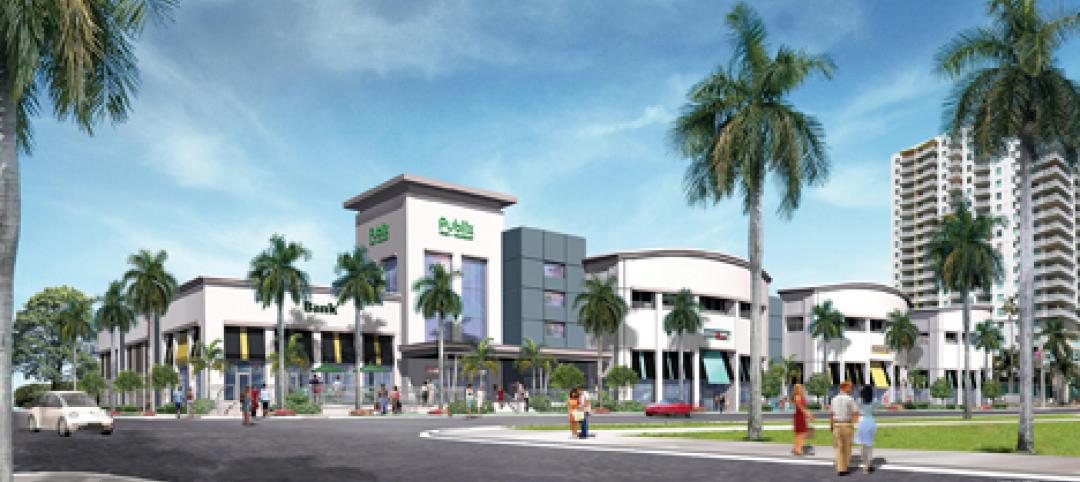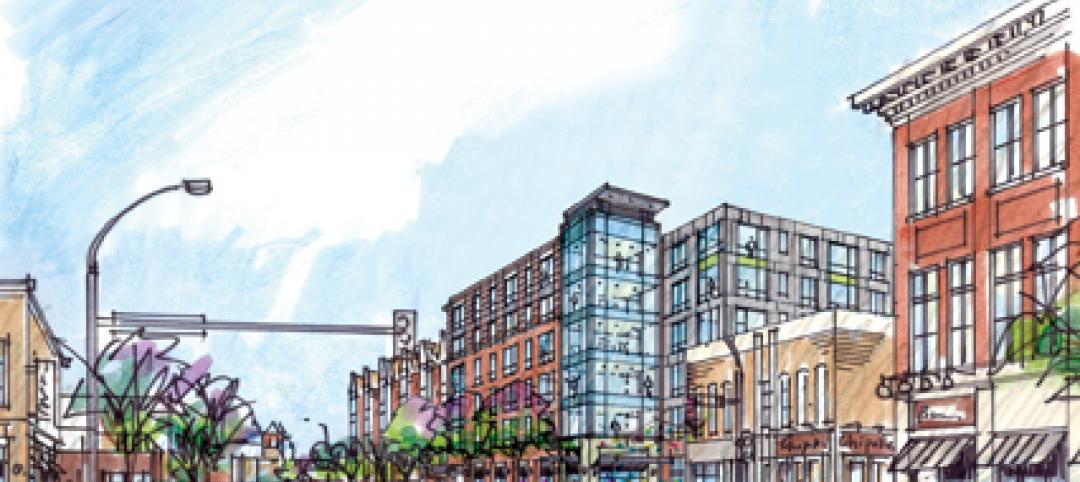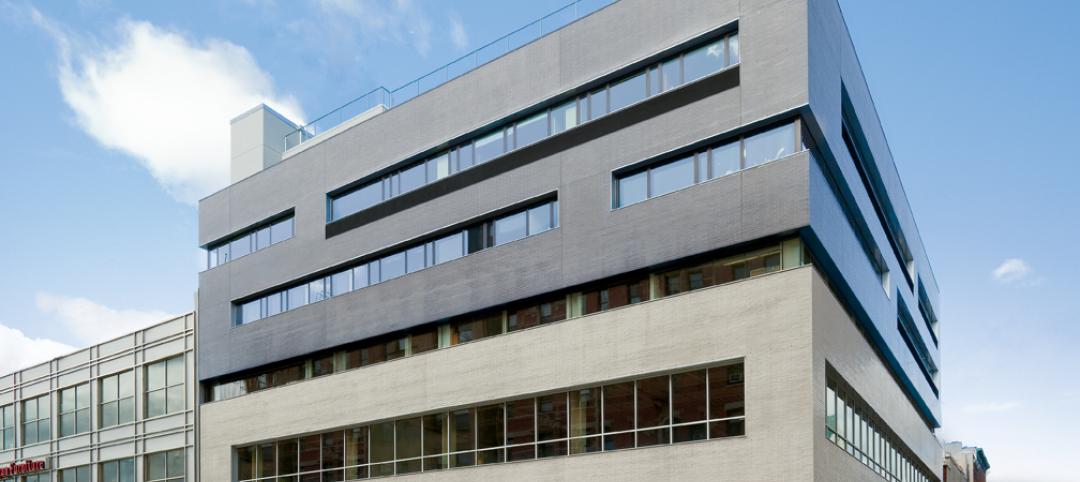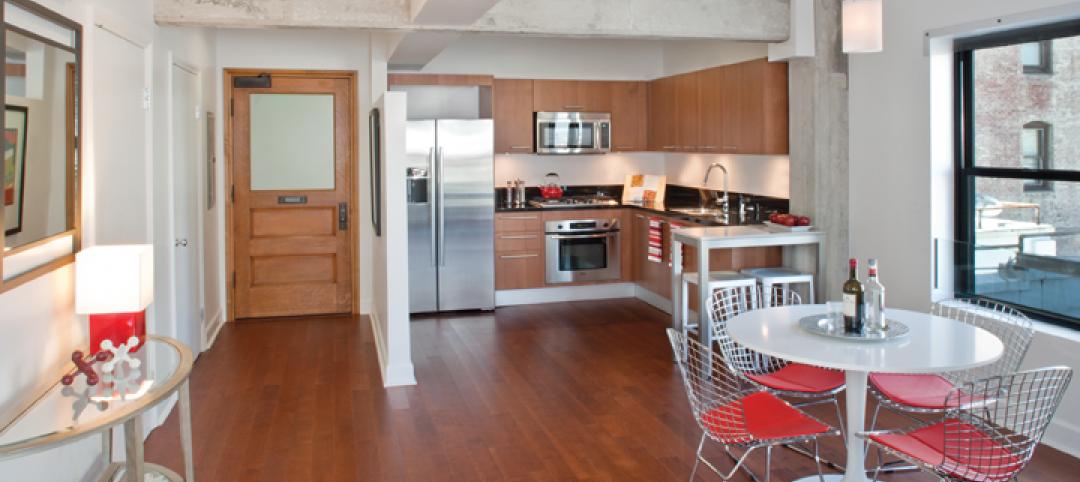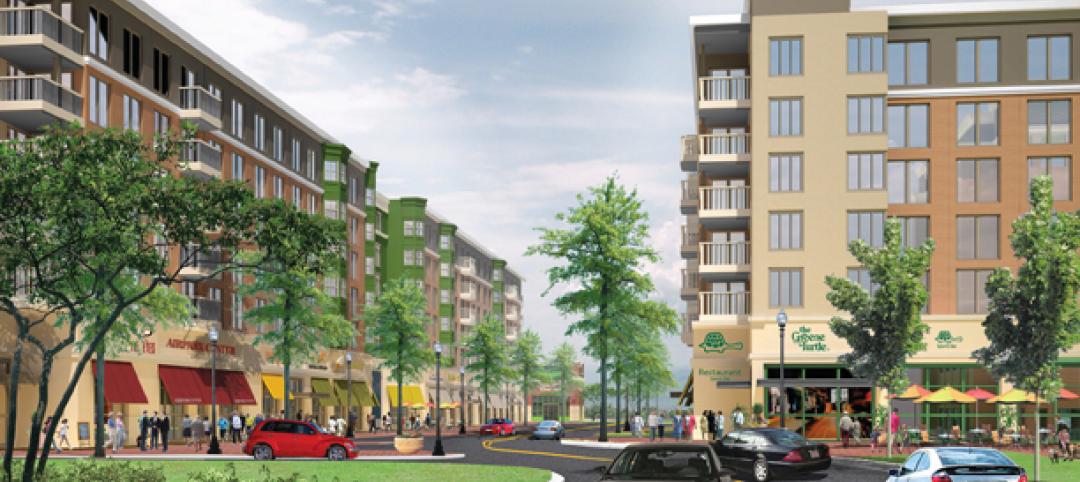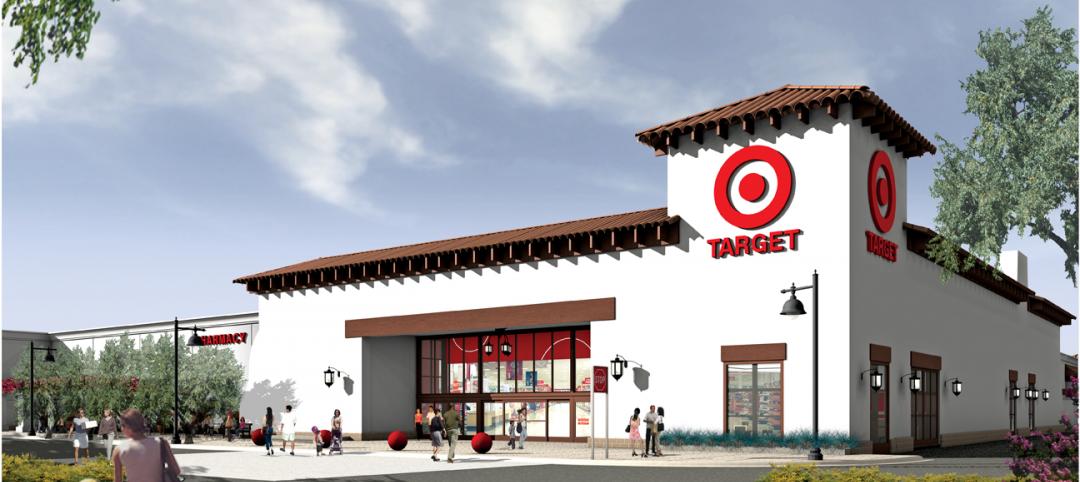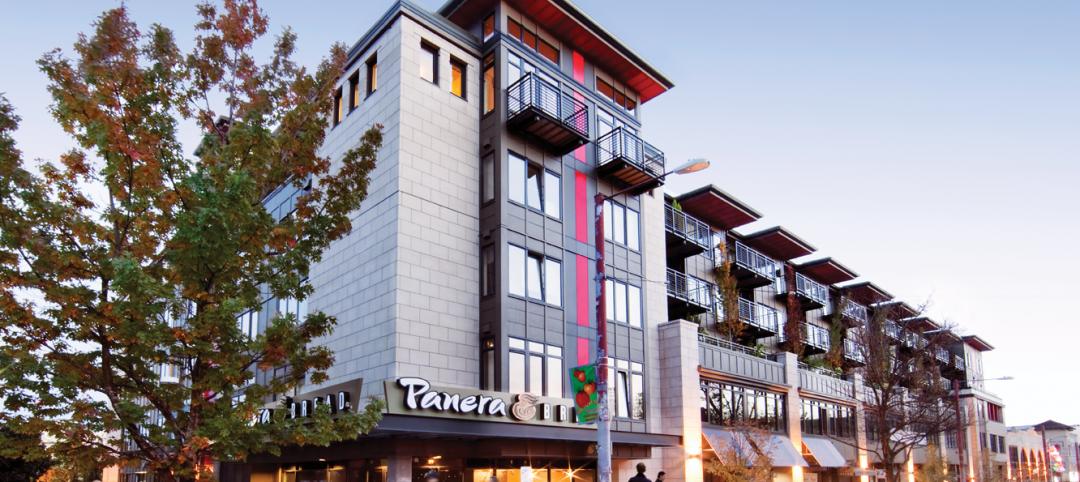Last week, Amazon unveiled plans to build a physical fashion store concept, dubbed Amazon Style, in Los Angeles. The e-commerce giant says the store will offer “together the best of shopping on Amazon–great prices, selection, and convenience–with an all new shopping experience built to inspire.”
Amazon has proven to be a giant in online apparel shopping, growing year after year. Last March, Wells Fargo reported that the company surpassed Walmart as the No. 1 apparel retailer in the United States. Now, the company is looking to transfer that online success into physical success with Amazon Style.
The 30,000–sf store will be about the size of a typical TJ Maxx, but smaller than your average department store. The first location is set to open in a Los Angeles suburb later this year. Amazon has given physical retail a shot in the past in the form of groceries and books, but it has never sold clothing or shoes in stores, until now.
Amazon will stock its own products, well known names such as Adidas and Jockey, as well as up-and-coming brands. The store will cater to every price point. “You’ll find everything from the $10 basic to the designer jeans to the $400 timeless piece,” said Simoina Vasen, managing director of Amazon Style.
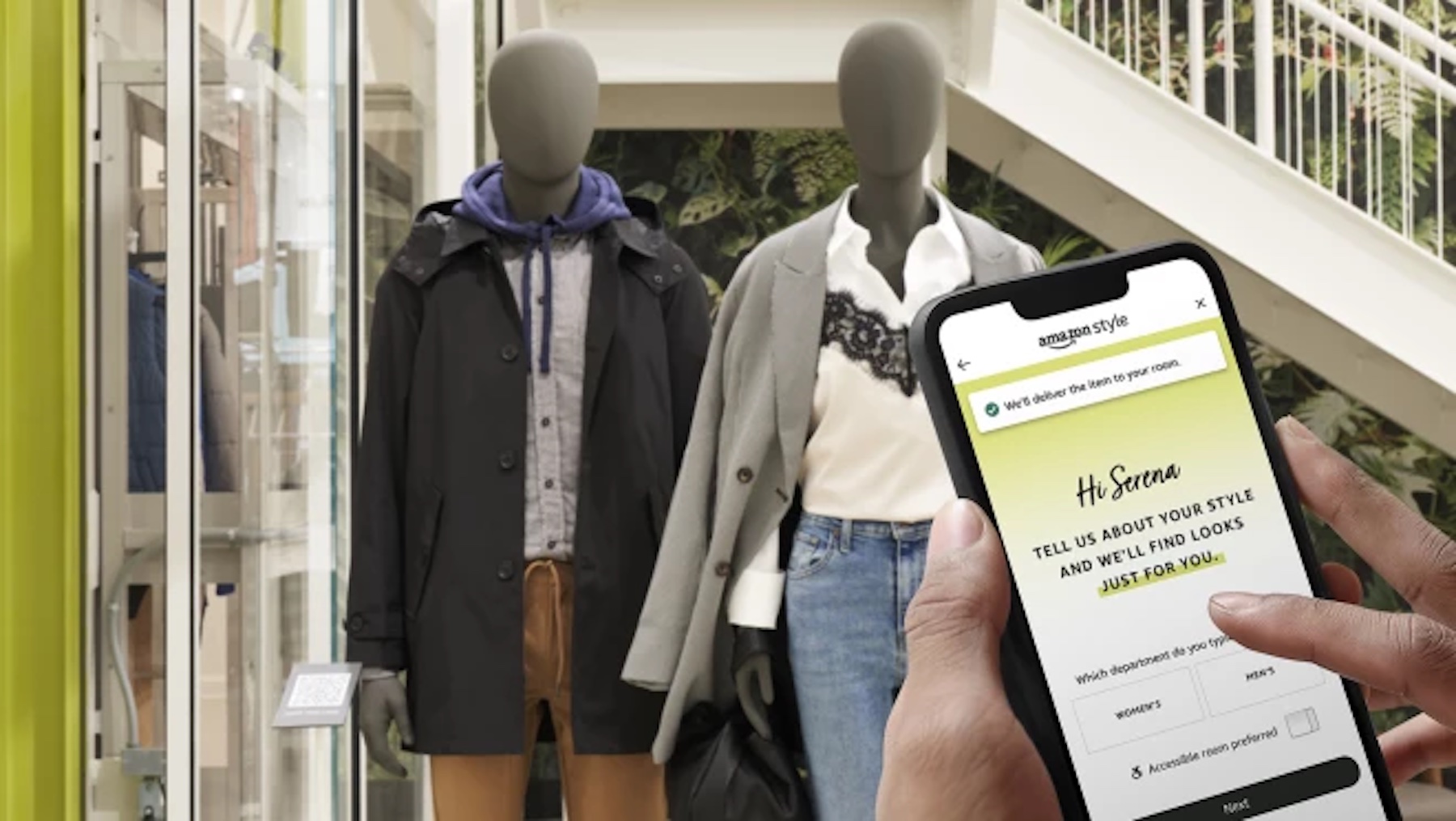
Amazon's Tech-Based Shopping Experience
Customers will notice a few different features than your average retail clothing store as soon as they walk in the door. Amazon Style will be the first of its kind, truly relying on technology and their mobile app.
The front of the store will feature “display items” with one size and one color of each product, and customers will be able to scan a QR code and see the sizes, colors, and products available.
Each of the fitting rooms will have touch screens where shoppers can have items sent to them. Lastly, checkout will be facilitated by Amazon One, the company’s palm-scanning technology.
Non-Traditional Retail Convenience
Obviously this way of shopping is non-traditional, but the real question is will it work? After the announcement, there has been some debate on whether or not shoppers prefer this style of shopping or would rather search through clothing racks for a hidden gem.
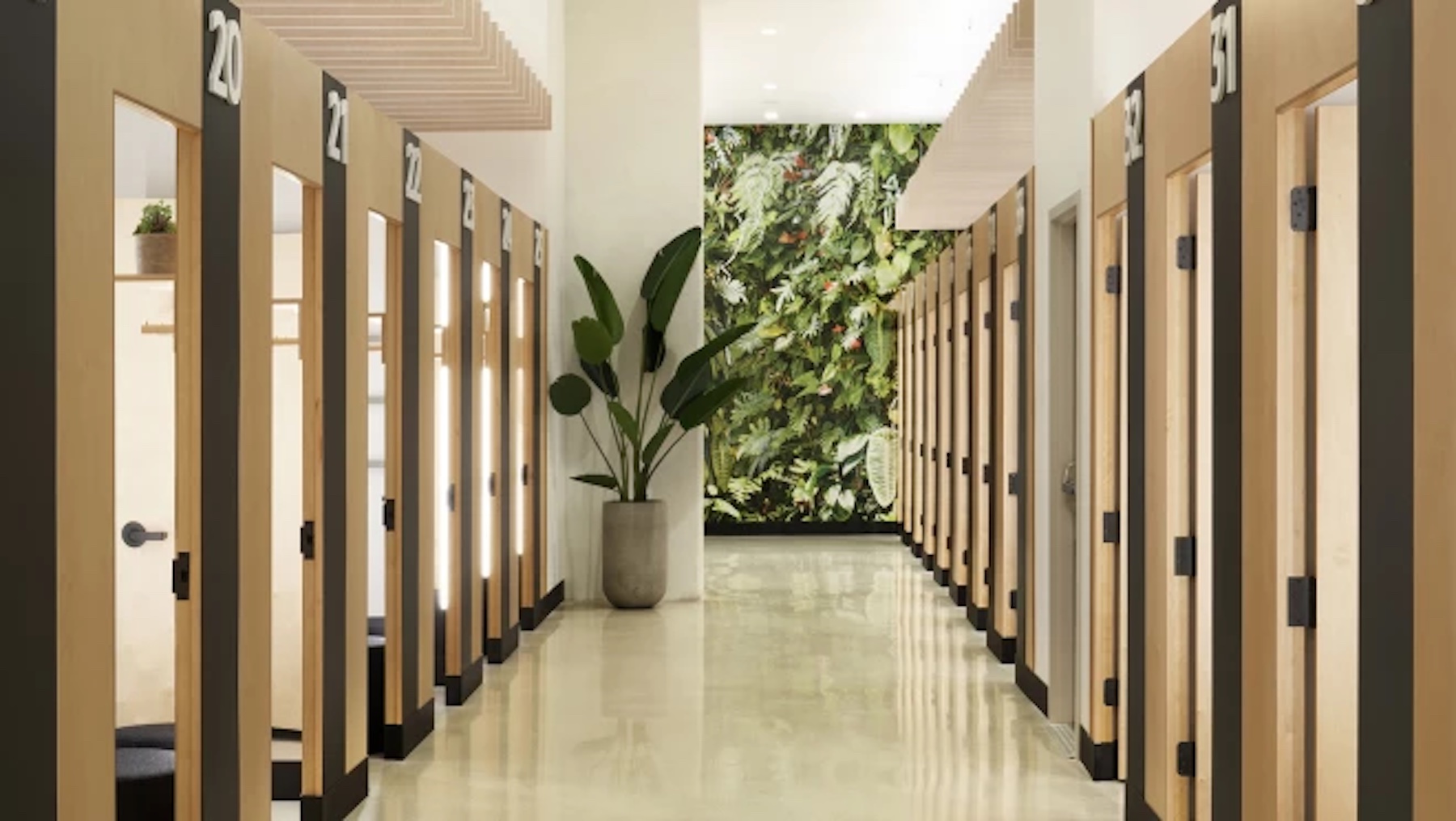
Many shoppers do enjoy the experience of “treasure hunting”, but the company believes in their mission. Although Amazon Style’s QR code model doesn’t necessarily fall in line with those customers wanting to look through different selections, it does offer one thing that many people look for when it comes to their time and shopping experience, which is convenience.
Convenience seems to be the common theme with Amazon Style’s QR code model, and Vasen believes their “unique store design, advanced technology, and thoughtful curation will make it easier than ever for customers to have an inspiring, convenient, enjoyable, and ultimately successful shopping experience.”
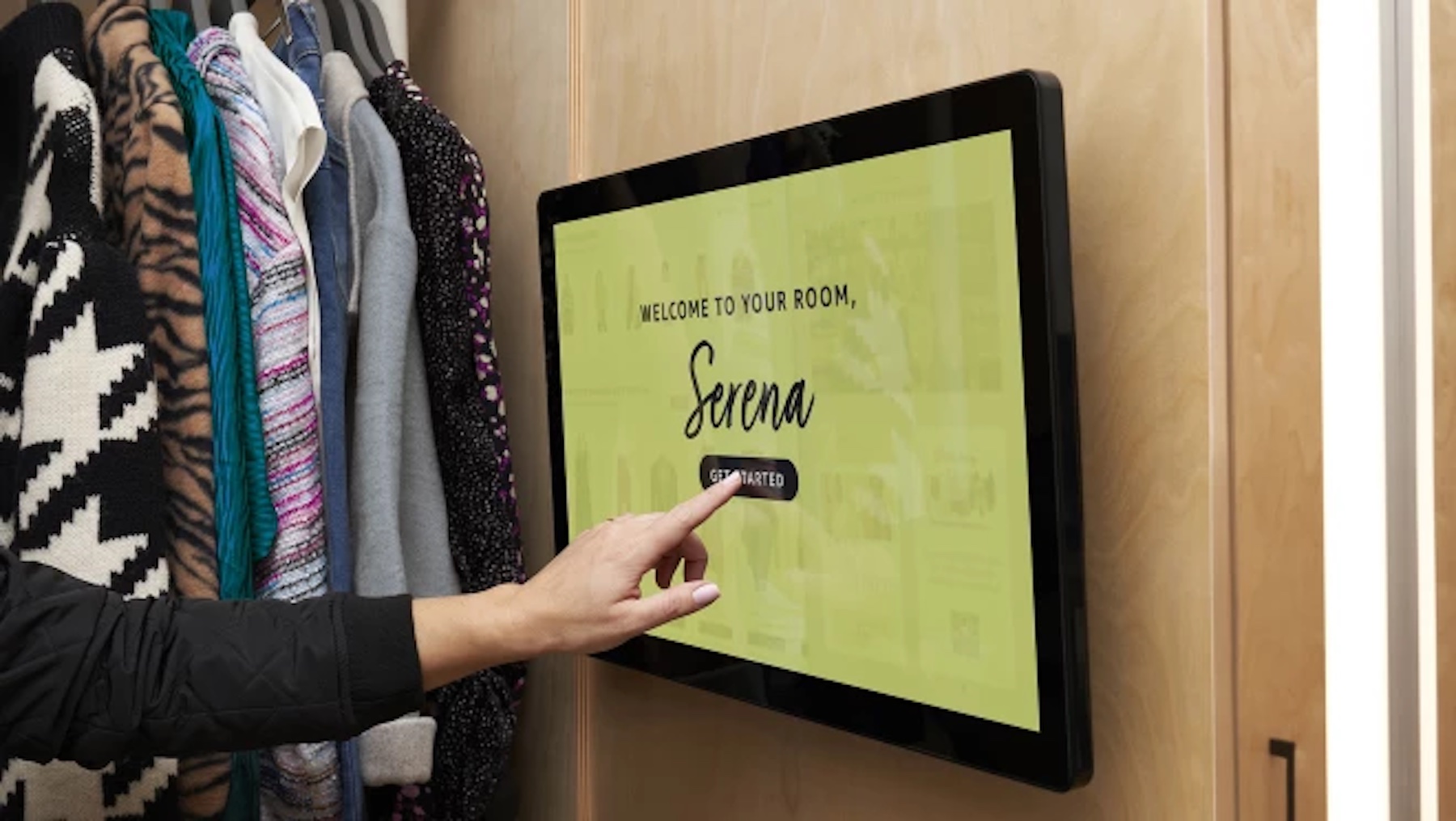
Related Stories
| Feb 11, 2011
Chicago high-rise mixes condos with classrooms for Art Institute students
The Legacy at Millennium Park is a 72-story, mixed-use complex that rises high above Chicago’s Michigan Avenue. The glass tower, designed by Solomon Cordwell Buenz, is mostly residential, but also includes 41,000 sf of classroom space for the School of the Art Institute of Chicago and another 7,400 sf of retail space. The building’s 355 one-, two-, three-, and four-bedroom condominiums range from 875 sf to 9,300 sf, and there are seven levels of parking. Sky patios on the 15th, 42nd, and 60th floors give owners outdoor access and views of Lake Michigan.
| Feb 11, 2011
Grocery store anchors shopping center in Miami arts/entertainment district
18Biscayne is a 57,200-sf urban retail center being developed in downtown Miami by commercial real estate firm Stiles. Construction on the three-story center is being fast-tracked for completion in early 2012. The project is anchored by a 49,200-sf Publix market with bakery, pharmacy, and café with outdoor seating. An additional 8,000 sf of retail space will front Biscayne Boulevard. The complex is in close proximity to the Adrienne Arsht Center for the Performing Arts, the downtown Miami entertainment district, and the Omni neighborhood, one of the city’s fast-growing residential areas.
| Feb 11, 2011
Apartment complex caters to University of Minnesota students
Twin Cities firm Elness Swenson Graham Architects designed the new Stadium Village Flats, in the University of Minnesota’s East Bank Campus, with students in mind. The $30 million, six-story residential/retail complex will include 120 furnished apartments with fitness rooms and lounges on each floor. More than 5,000 sf of first-floor retail space and two levels of below-ground parking will complete the complex. Opus AE Group Inc., based in Minneapolis, will provide structural engineering services.
| Feb 11, 2011
Green design, white snow at Egyptian desert retail complex
The Mall of Egypt will be a 135,000-sm retail and entertainment complex in Cairo’s modern 6th of October district. The two-story center is divided into three themed zones—The City, which is arranged as a series of streets lined with retail and public spaces; The Desert Valley, which contains upscale department stores, international retailers, and a central courtyard for music and other cultural events; and The Crystal, which will include leisure and entertainment venues, including a cinema and indoor snow park. RTKL is designing the massive complex to LEED Silver standards.
| Jan 25, 2011
AIA reports: Hotels, retail to lead U.S. construction recovery
U.S. nonresidential construction activity will decline this year but recover in 2012, led by hotel and retail sectors, according to a twice-yearly forecast by the American Institute of Architects. Overall nonresidential construction spending is expected to fall by 2% this year before rising by 5% in 2012, adjusted for inflation. The projected decline marks a deteriorating outlook compared to the prior survey in July 2010, when a 2011 recovery was expected.
| Jan 21, 2011
Harlem facility combines social services with retail, office space
Harlem is one of the first neighborhoods in New York City to combine retail with assisted living. The six-story, 50,000-sf building provides assisted living for residents with disabilities and a nonprofit group offering services to minority groups, plus retail and office space.
| Jan 21, 2011
Revamped hotel-turned-condominium building holds on to historic style
The historic 89,000-sf Hotel Stowell in Los Angeles was reincarnated as the El Dorado, a 65-unit loft condominium building with retail and restaurant space. Rockefeller Partners Architects, El Segundo, Calif., aimed to preserve the building’s Gothic-Art Nouveau combination style while updating it for modern living.
| Jan 19, 2011
Baltimore mixed-use development combines working, living, and shopping
The Shoppes at McHenry Row, a $117 million mixed-use complex developed by 28 Walker Associates for downtown Baltimore, will include 65,000 sf of office space, 250 apartments, and two parking garages. The 48,000 sf of main street retail space currently is 65% occupied, with space for small shops and a restaurant remaining.
| Jan 7, 2011
BIM on Target
By using BIM for the design of its new San Clemente, Calif., store, big-box retailer Target has been able to model the entire structural steel package, including joists, in 3D, chopping the timeline for shop drawings from as much as 10 weeks down to an ‘unheard of’ three-and-a-half weeks.
| Jan 7, 2011
Mixed-Use on Steroids
Mixed-use development has been one of the few bright spots in real estate in the last few years. Successful mixed-use projects are almost always located in dense urban or suburban areas, usually close to public transportation. It’s a sign of the times that the residential component tends to be rental rather than for-sale.


